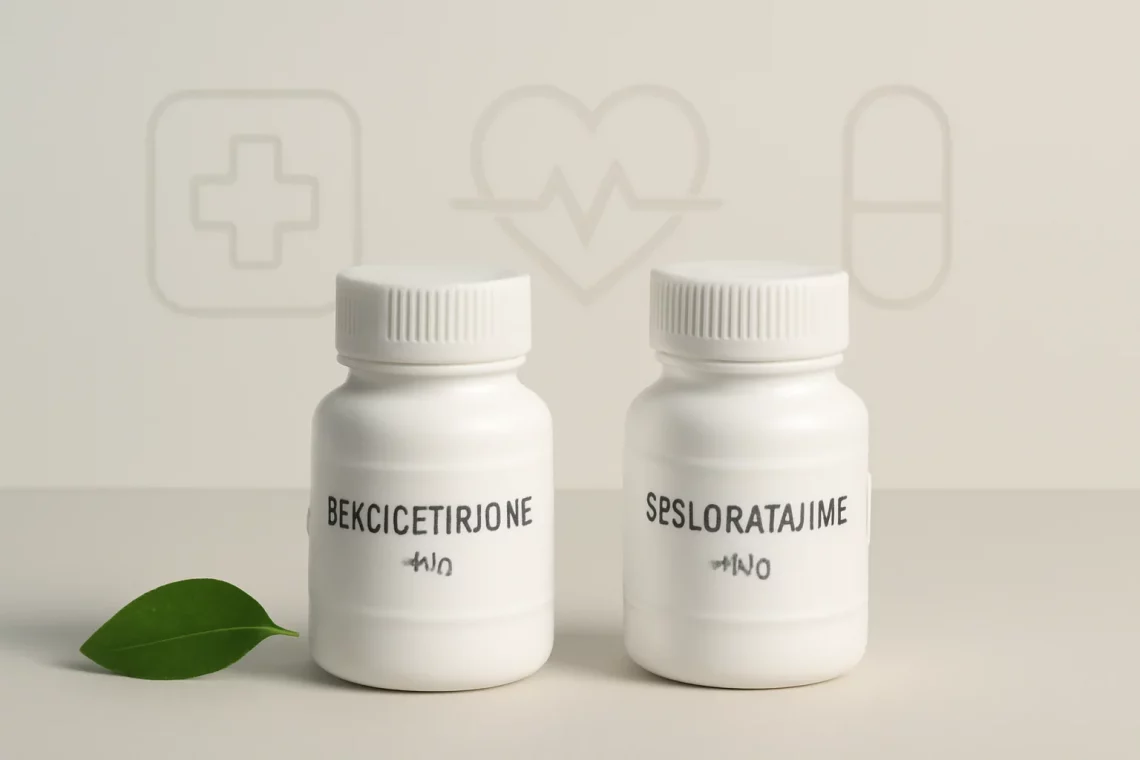-
Levocetirizine vs Desloratadine: Which Antihistamine is Better?
Levocetirizine and desloratadine are both antihistamines that play a crucial role in managing allergic reactions and symptoms associated with conditions like hay fever and chronic urticaria. As allergies become increasingly prevalent in today’s society due to environmental factors and lifestyle changes, understanding the options available for treatment is essential. Both medications are designed to alleviate symptoms such as sneezing, runny nose, and itchy eyes. However, they come with distinct characteristics, mechanisms of action, and potential side effects that may make one more suitable than the other for individual patients. In the quest for effective allergy relief, patients often find themselves choosing between various antihistamines. Levocetirizine, a third-generation antihistamine, is known…
-
Loratadine vs Levocetirizine: Which Antihistamine is Right for You?
Allergies can significantly affect daily life, often leading to discomfort and decreased productivity. As the prevalence of allergic conditions continues to rise, effective management through medication has become a priority for many individuals. Among the most commonly prescribed antihistamines, Loratadine and Levocetirizine are frequently considered options for alleviating allergy symptoms. These medications serve as first-line treatments for allergic rhinitis and other allergic reactions, but they differ in several key aspects, including their chemical structure, efficacy, side effects, and dosage recommendations. Understanding these differences is essential for patients and healthcare providers alike, as it can guide them in making informed decisions regarding the most suitable treatment option. As we delve into…







